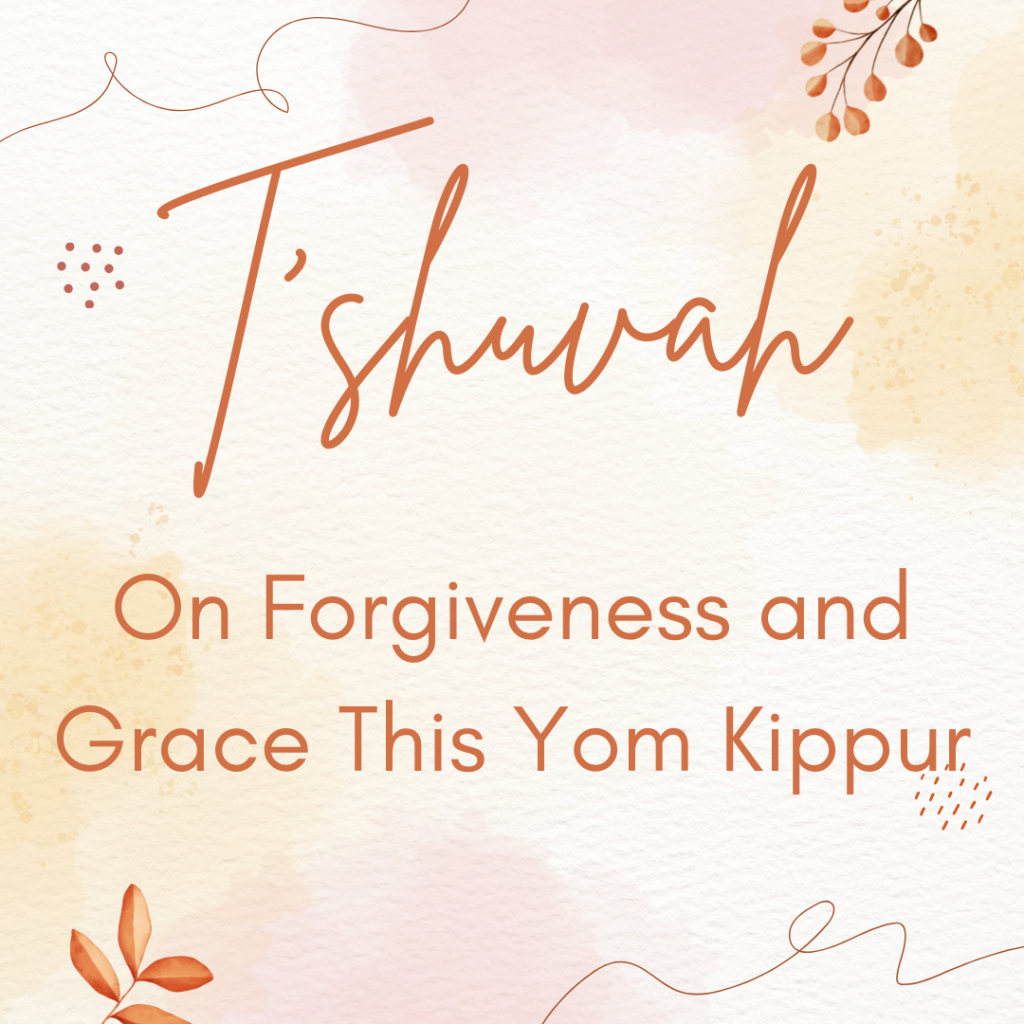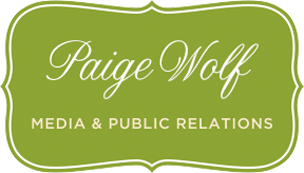As a Jew, I have always embraced the process of T’shuvah on Yom Kippur. I don’t fast. I don’t go to synagogue. But I do reflect, apologize, and try to set goals to be a better person. I want to forgive and I hope that others will forgive me. But, in recent days, I have felt at a complete loss. I wonder if the pandemic has turned from a time to appreciate and embrace our connections into a growing absence of forgiveness and grace.
In some ways, I’m guilty of losing my empathy. I’ve lost empathy for the people who have died from COVID after spreading misinformation about vaccines, masks, and the seriousness of the pandemic itself. I feel bad about not feeling bad. But I know that I am not alone. The lack of empathy for those of us who are immunocompromised, who are living with children too young to be vaccinated, who have lost loved ones or become chronically ill from COVID, and even just people who want this damn pandemic to end. Well, for many of us, that lack of empathy for us has yielded a disturbing lack of empathy for them. It can feel like an emotionless hellscape where we can’t even conjure tears anymore.
But I certainly have not lost my empathy as a whole. In fact, I often feel too much, too deeply. Get too upset over things I can not control. Maybe I’ve been too caught up in my own emotions this past 18 months. Maybe I haven’t been a good enough friend to some of the people in my life. Maybe I hold responsibility for the ways in which the pandemic affected my children, the ways they’ve acted out. My own temper. My lack of patience. “If I have wronged you in the past year, please accept my deep and heartfelt apology. My t’shuvah.”
…………………………….…………………………….
I have 2695 Facebook friends. Funny enough, two of my three best friends refuse to use the damn thing. I try to remember how lucky I am to have three best friends who have put up with my bullshit for a collective 90 years (the longest being 40 years). These friendships were not always perfect – there have been years we didn’t speak, dozens of apologies, processing our own monstrous behavior over the decades. Lasting relationships of any kind are hard work. I’m deeply thankful for those who have put the work in.
But I know I also have to work on letting go. Those 2695 Facebook friends include hundreds of acquaintances but also dozens of people who were incredibly close to me for a time. But not anymore. College friends and bridesmaids who have been reduced to annual “Happy Birthday”s on social media. The fellow parents who were my people through my children’s journeys through preschool and elementary school, but simply faded away through the changing of neighborhoods and interests. Most of these are easy to process as just the way things are, the way life ebbs and flows. But some feel like heartbreak. Some feel like grief. Some feel like my fault but I don’t even know why.
…………………………….…………………………….
This month I reached out to two people I had lost touch with over the recent months of the pandemic. I can point to specific incidents which clearly drove the silence. But they didn’t feel unforgivable. They didn’t feel entirely my fault. But I can certainly see where I hold accountability. And so I reached out and apologized. I said that I love them and miss them and I’m sorry for being a shitty friend.
Neither of them ever responded.
My child, age 12, an age which I do not wish upon my worst enemies, particularly in a pandemic. A hormone-ridden, cruel beast of an age even for the best of us. At the height of the worst of all of it, he made mistakes. And, in time, he owned them, he took accountability, he grew, he did the work on himself and with his family. And he apologized. But no one would forgive him.
To be clear, what he did was ill-conceived and harmful. And, the worst part, led to a long lie driven by fear. But putting myself in the shoes of those he hurt, I do believe it was forgivable. I think about the things I did at that age. The things you did. Yes, you. Let she who didn’t cause harm as a tween throw the first stone. Ultimately, I know his heart. And I know that he deserves forgiveness. From the children and from their parents. But we can not control how other people feel, or what they do. If people want us out of their lives, we have to go with grace.
How many friends that felt like family have I lost in just one year? How many have my children lost? And how do I make peace when T’shuvah feels fruitless. How do I repent and hold myself accountable when I can’t even wrap my head around what went wrong? I would rather be screamed at than ignored, publicly vilified than vanished.
Or maybe none of it is about me at all. And everyone else’s empathy is just used up, like mine. Maybe these people just don’t have the emotional bandwidth to go there right now. And I have to let go and move on. Hold on to the small circle of people who love me and my children unconditionally. The ones who tell me when I’m wrong, accept my apologies, and allow me to grow.
What I can do is repent for any harm I may have caused. What I can do is promise to do better. What I can do is forgive others in order to forgive myself. I forgive your silence. I forgive you for moving on. I forgive you in order to still cherish these memories.













